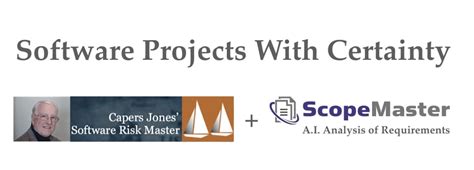A Quote by John C. Dvorak
Make a faster machine and people will flock to inefficient software.
Related Quotes
From what type of software could help us make a movie faster to everything else regarding the textures. Some might think, "It's probably very easy to make a film with those textures," but it's much more difficult than what it appears to be. We had to discover a faster process because otherwise it could have taken us 10 years to make it.
I'm not of the opinion that all software will be open source software. There is certain software that fits a niche that is only useful to a particular company or person: for example, the software immediately behind a web site's user interface. But the vast majority of software is actually pretty generic.
Remember that the machine is there to help you, because at the end of the day, you're not playing freestyle chess, advanced chess, human-plus-machine. If you are playing against other humans, it's about winning the game. The machine will not be assisting you, unless you are cheating of course. And since the machine is not there, you have to make sure that everything you learn from the computer will not badly affect the way you play the real game.
































